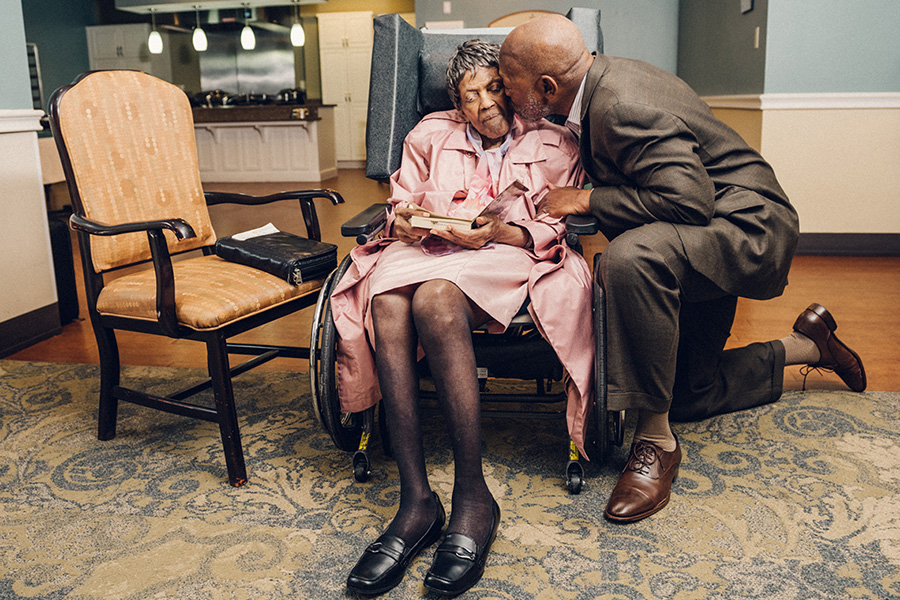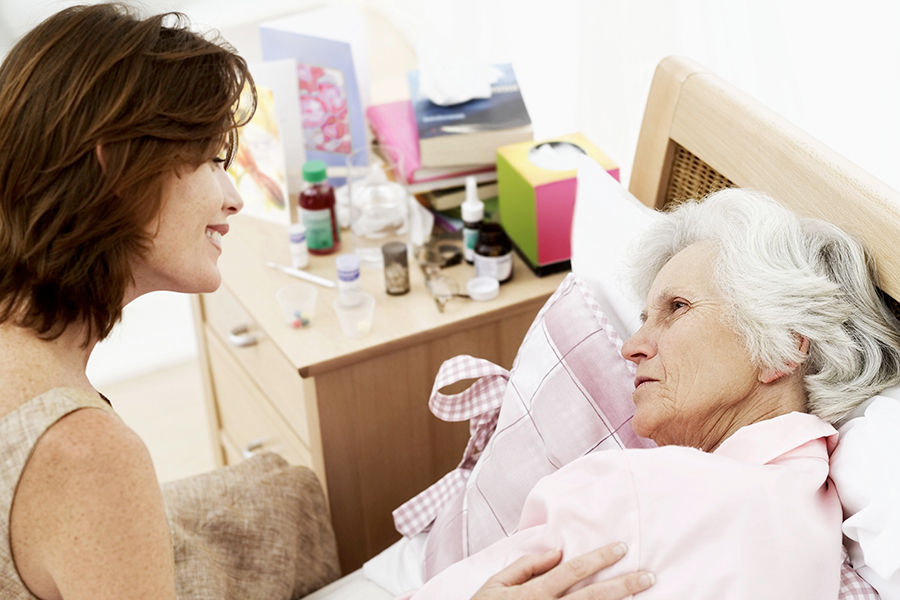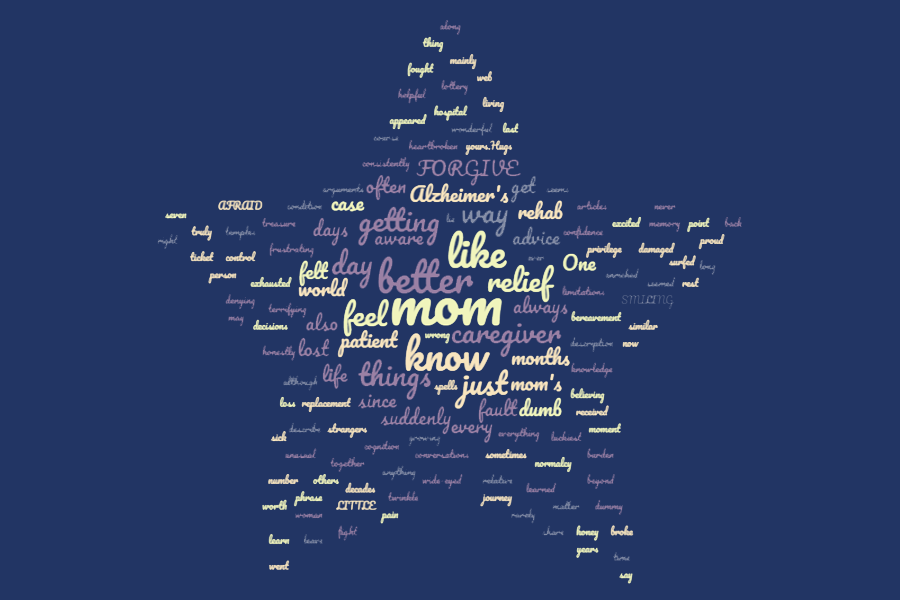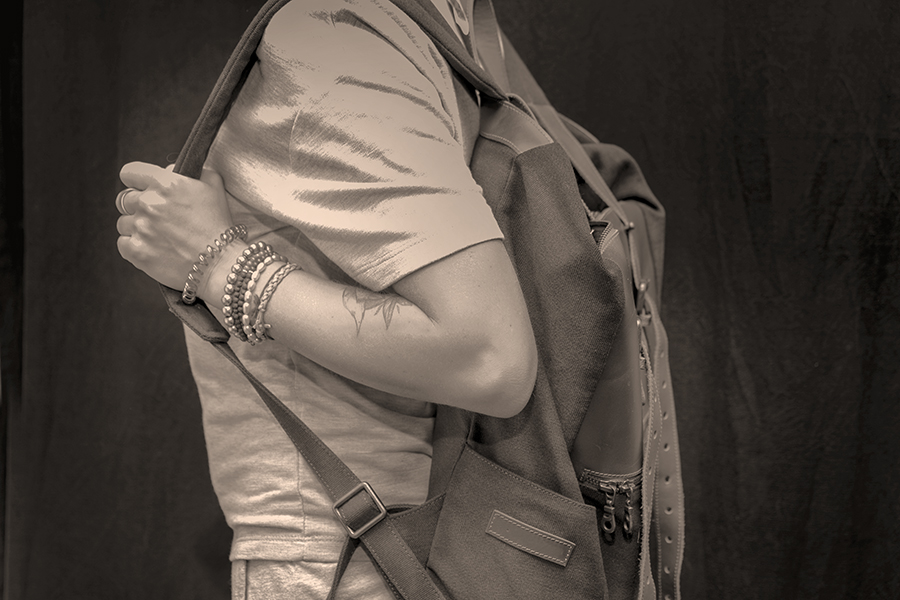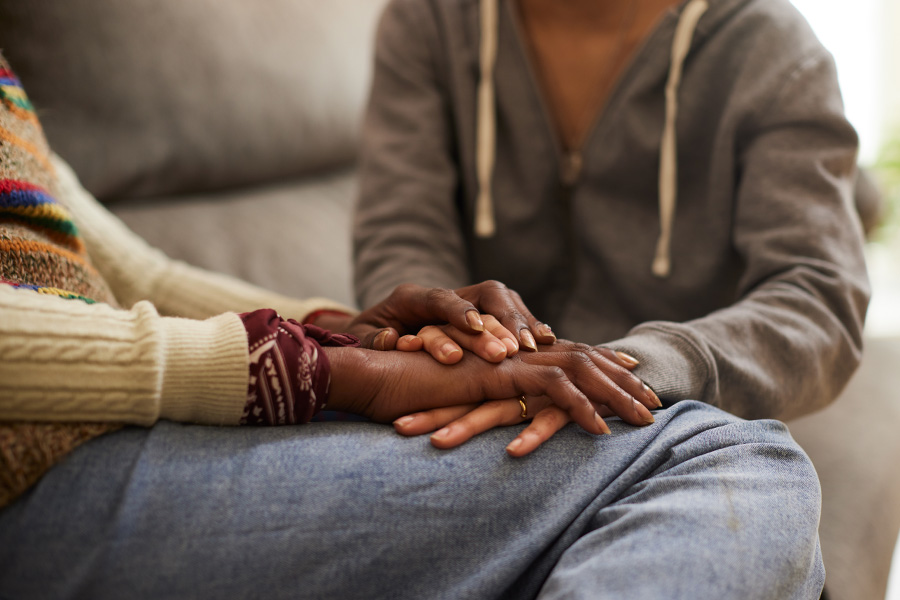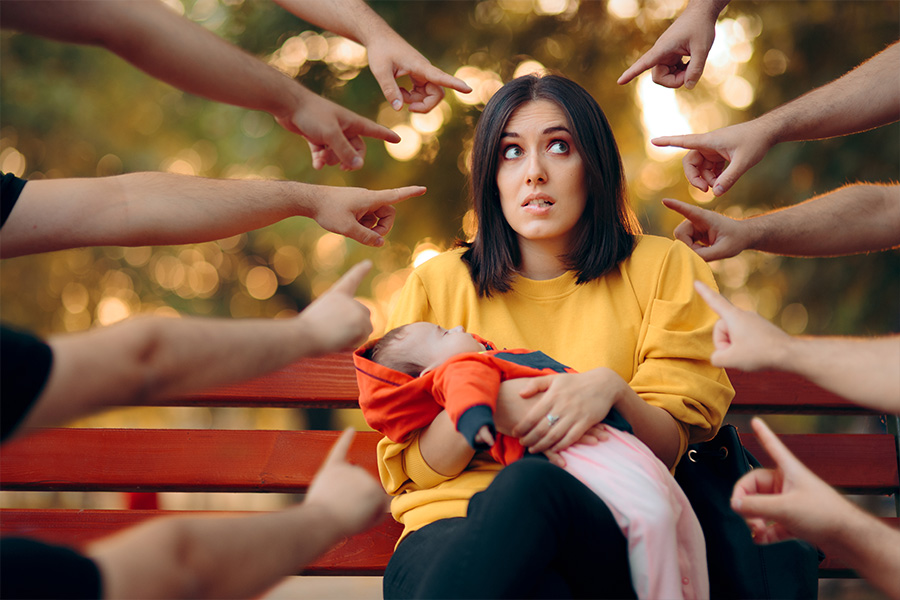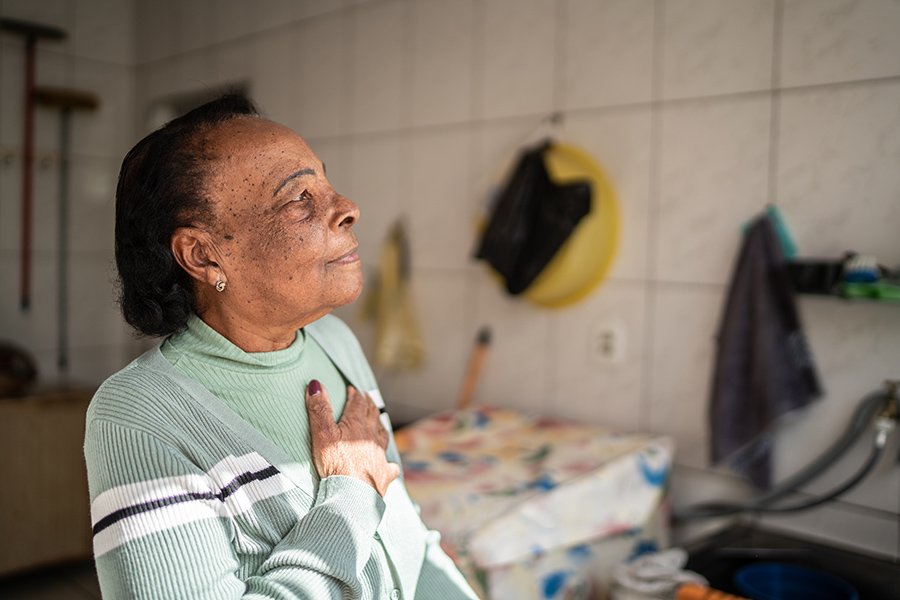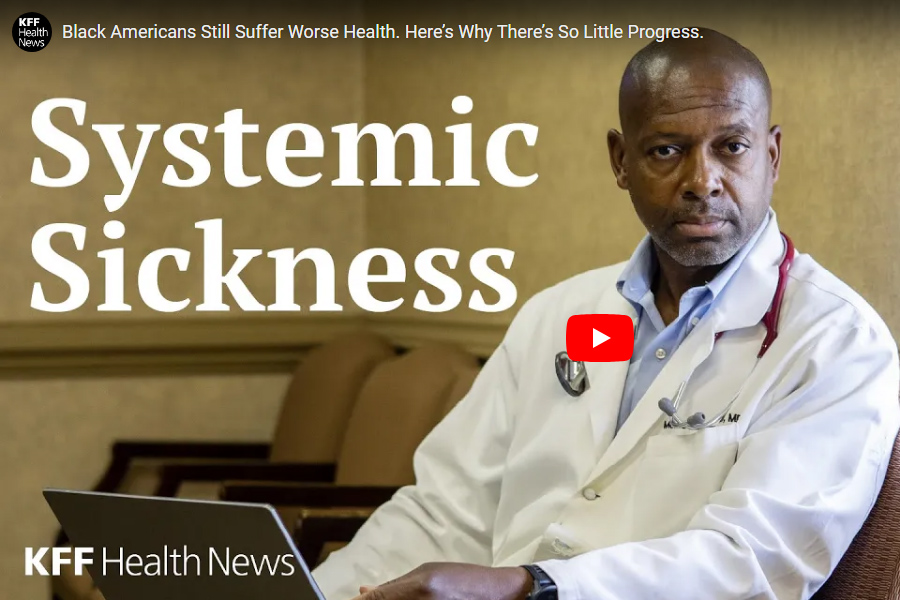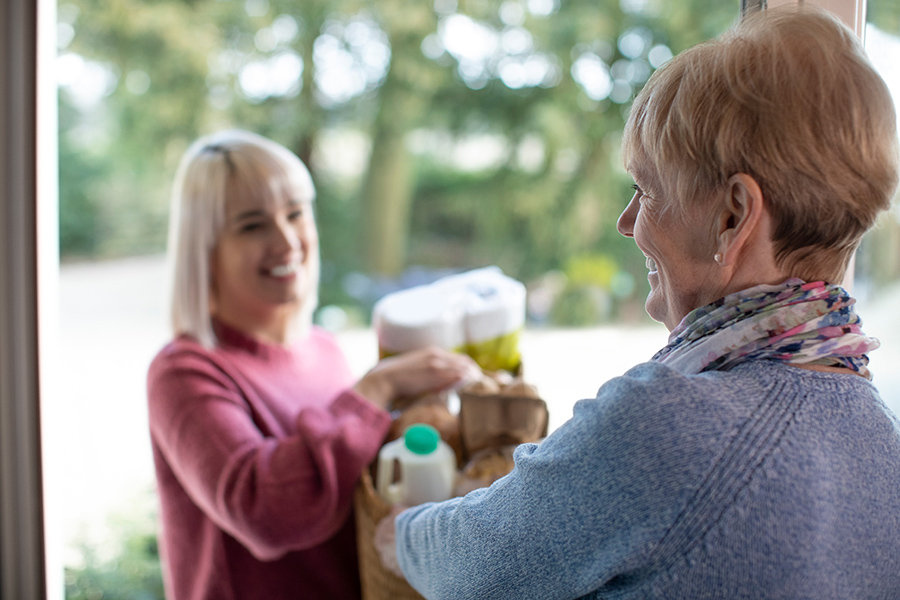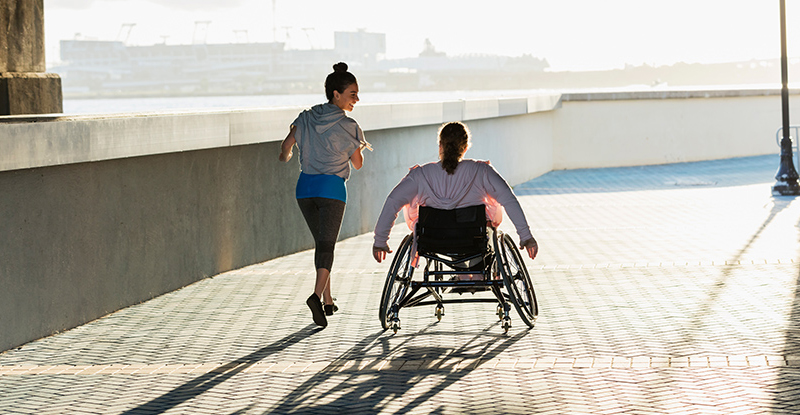Featured above: James Dotson (with his mom, Edith) is is just one of the many male caregivers across the nation. Photo by Jared Soares. Original article by Christina Ianzito, AARP
Many people don’t realize that 40 percent of caregivers are men — and they need support.
When we think of family caregivers, we tend to think of women. And in fact the typical caregiver is a middle-aged woman caring for a relative, often her mother.
But the face of American caregiving is changing rapidly, according to “Breaking Stereotypes: Spotlight on Male Family Caregivers,” a recent report from AARP. Eight years ago, just 34 percent of caregivers surveyed were men. Today, 40 percent of the 40 million Americans caring for a loved one are male.
In many respects, male caregivers resemble their female counterparts. Both say they had little choice about taking on caregiving responsibilities, whether they are caring for a parent, a spouse or partner, or other relative. Both are more prone to health problems and depression than non-caregivers. Both often not only manage finances and medical care, but also provide personal care, including helping their loved one with eating, bathing, dressing and toileting.
But the AARP report — based on focus groups convened around the country — suggested that there might be some differences between male and female caregivers, too.
Men, for instance, may be more uncomfortable with hands-on personal care, although such intimate interactions can be difficult for caregivers of any gender, says report author Jean Accius, vice president at AARP’s Public Policy Institute. He maintains that personal care might be particularly hard on those men who haven’t spent time in the child-care trenches doing things like changing diapers and giving baths.
Another difference men saw between themselves and female caregivers: They say they are less likely to open up to others when they feel stressed or overwhelmed by caregiving responsibilities.
That was the case for James Dotson of Silver Spring, Md., who has been caring for his mom, Edith, for the past six years. Though he has many relatives in the area — Edith even has great-great-grandchildren — it took years for him to let them know how stressed he’s been as her primary caregiver. (Edith has Alzheimer’s disease, among other ailments.) Then, in a conference call with a group of family members to update them on her health, he says, “I broke down in tears.”






